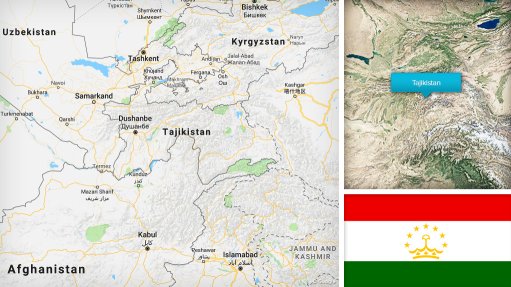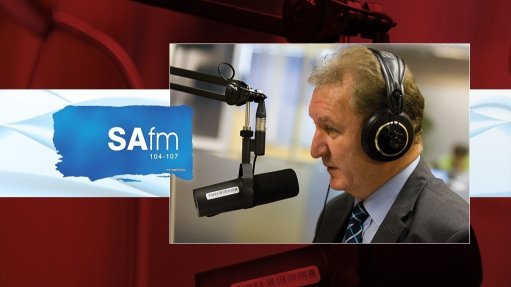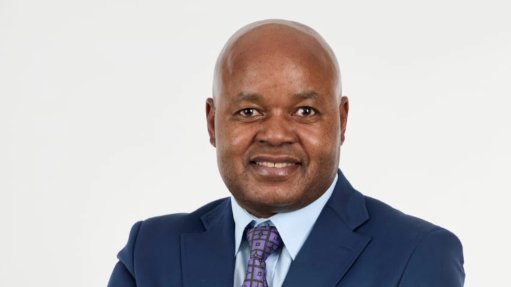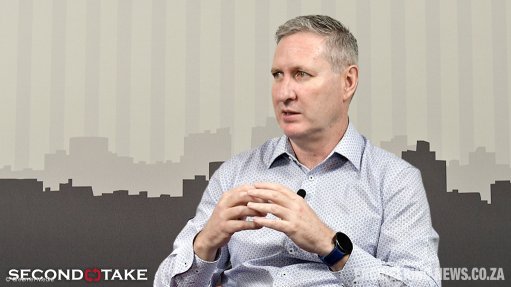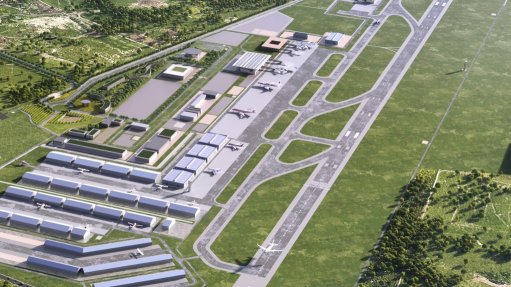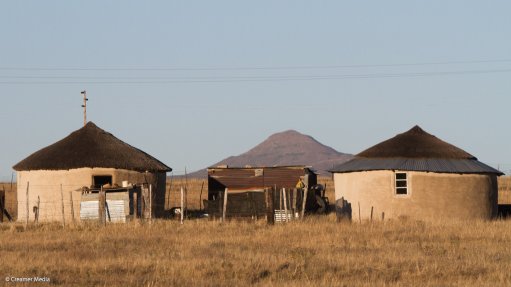I’m from govt and I’m here to help
The words in the headline are considered to be the most terrifying in the English language. This is not my assessment, but that of the gentleman who famously uttered them, Ronald Wilson Reagan, the fourtieth President of the US.
If you are old enough, you might well recall a time when companies’ head offices tended to be based in Johannesburg. It was a time when the boss would travel to a regional office, and, on arrival, announce: “I’m here to help you”. These words rarely meant anything else but: “I’m here to close the office.”
If all that one reads about the South African economy is to be believed, then all South Africans want to help. This does not, I would assume, imply that all South Africans want South Africa to fail. Far from it. I fear that there is not much that South Africans, in their individual capacity, are able to do, try as they might. Although businesses might be able to contribute, they operate within certain constraints, some of which are of government’s making.
Much is made of government’s role as an enabler and a facilitator, but its role as an inhibiter is often overlooked. If all that we hear and read in the newspapers is to believed, then South Africa’s economic salvation will only result from external intervention. Somehow, there seems to be a perception that foreign investors will be able to identify opportunities that South African investors are unable to identify. I am always mystified at the romantic aura that surrounds foreign investors and of the belief that their intention is akin to a charitable endeavour. The opposite is actually true, for foreign investors primarily want to maximise their returns, no more, no less.
Even though the importance of foreign investment to the South African economy should not be underestimated, it will never be the economic salvation that it is anticipated to be. Real economic change can only come from within South Africa. South Africans need to effect change in their own country, and not expect that this will be done by others.
In the past, South Africa benefited from a weak currency, and, to an extent, this is the case at present. The thing with the South African currency is that it is not only weak, but, more worrying, also volatile. If anything, South African businesses cannot plan for the currency; they have to conduct business despite the currency. Let me step off the currency isue quickly before the impression is created that a weak rand makes South Africa internationally competitive. To put it simply, this is nonsense. The international competitiveness of a country’s goods is attributable to anything but the strength of its currency.
What is unquestionable is that the South African government cannot continue with its existing policies; it needs to effect radical change. Nothing less will do. It primarily needs to address the labour market. It needs to liberate the market from its self-imposed inhibitors. South Africa faces serious challenges with respect to labour relations, and we tend to forget, for instance, that the 2017/18 World Competitiveness Report ranks South Africa’s labour-employer relations as the worst in the world.
Although the labour challenges are self-inflicted, these should not be allowed to fester anymore; they must be addressed. This is imperative, as labour challenges also impact on foreign investors.
If government is serious about wanting to help South Africans, then it should not be telling South Africans about this, which, evidently, scares South Africans or has the ability to do so. If government intends to pursue a single economic object, it should be to effect real and substantive change to labour-employer relations.
Article Enquiry
Email Article
Save Article
Feedback
To advertise email advertising@creamermedia.co.za or click here
Comments
Announcements
What's On
Subscribe to improve your user experience...
Option 1 (equivalent of R125 a month):
Receive a weekly copy of Creamer Media's Engineering News & Mining Weekly magazine
(print copy for those in South Africa and e-magazine for those outside of South Africa)
Receive daily email newsletters
Access to full search results
Access archive of magazine back copies
Access to Projects in Progress
Access to ONE Research Report of your choice in PDF format
Option 2 (equivalent of R375 a month):
All benefits from Option 1
PLUS
Access to Creamer Media's Research Channel Africa for ALL Research Reports, in PDF format, on various industrial and mining sectors
including Electricity; Water; Energy Transition; Hydrogen; Roads, Rail and Ports; Coal; Gold; Platinum; Battery Metals; etc.
Already a subscriber?
Forgotten your password?
Receive weekly copy of Creamer Media's Engineering News & Mining Weekly magazine (print copy for those in South Africa and e-magazine for those outside of South Africa)
➕
Recieve daily email newsletters
➕
Access to full search results
➕
Access archive of magazine back copies
➕
Access to Projects in Progress
➕
Access to ONE Research Report of your choice in PDF format
RESEARCH CHANNEL AFRICA
R4500 (equivalent of R375 a month)
SUBSCRIBEAll benefits from Option 1
➕
Access to Creamer Media's Research Channel Africa for ALL Research Reports on various industrial and mining sectors, in PDF format, including on:
Electricity
➕
Water
➕
Energy Transition
➕
Hydrogen
➕
Roads, Rail and Ports
➕
Coal
➕
Gold
➕
Platinum
➕
Battery Metals
➕
etc.
Receive all benefits from Option 1 or Option 2 delivered to numerous people at your company
➕
Multiple User names and Passwords for simultaneous log-ins
➕
Intranet integration access to all in your organisation






